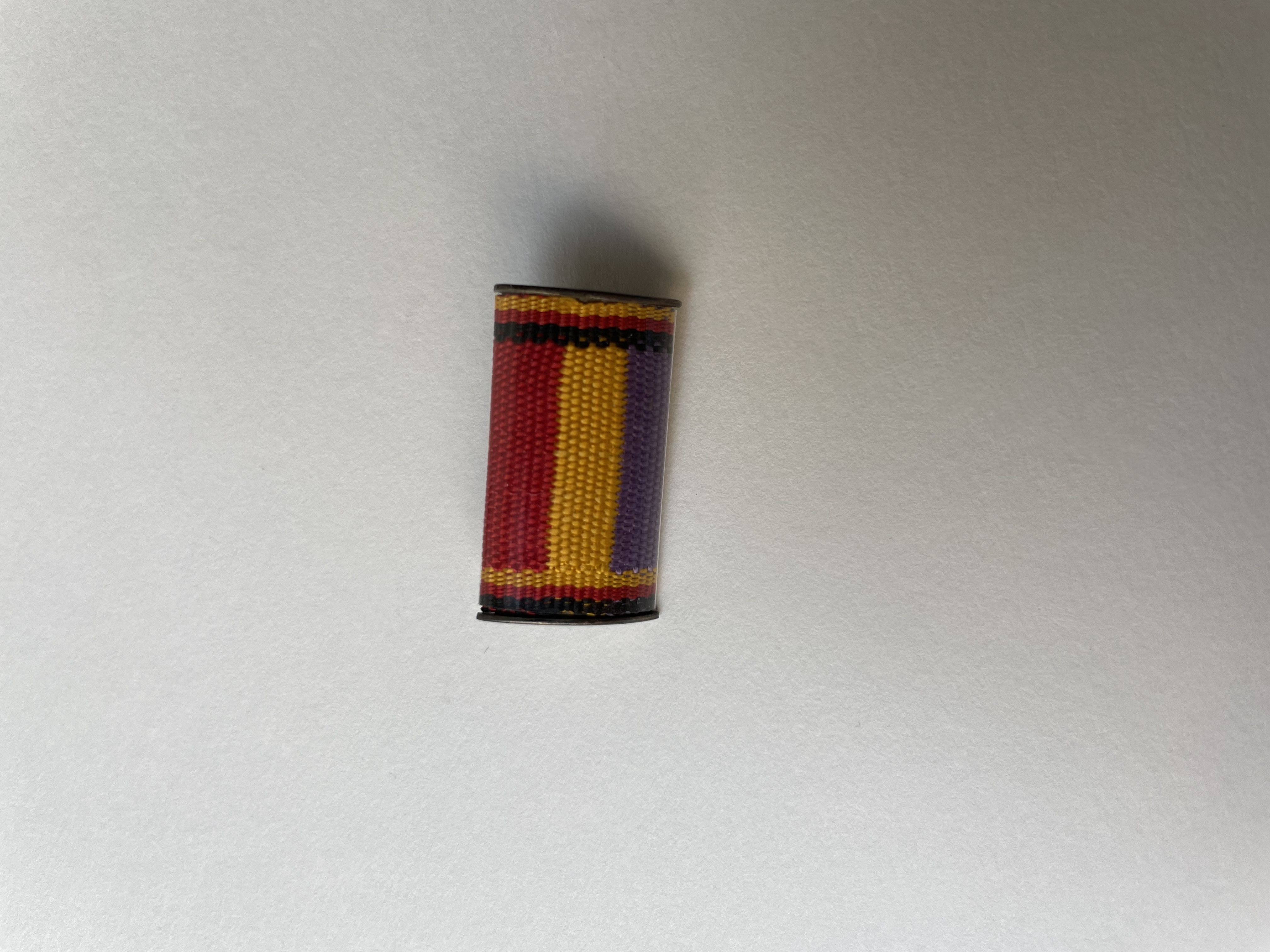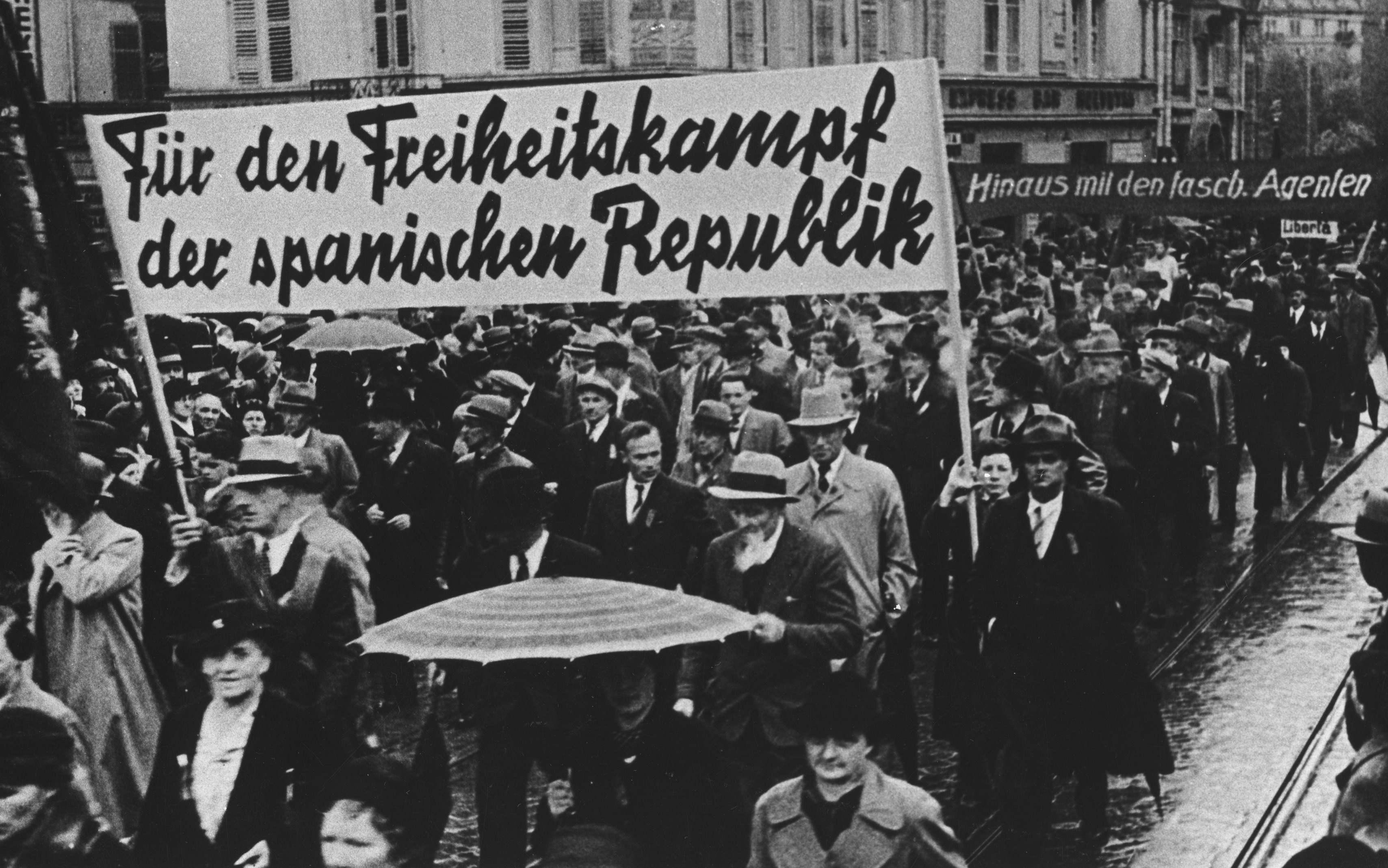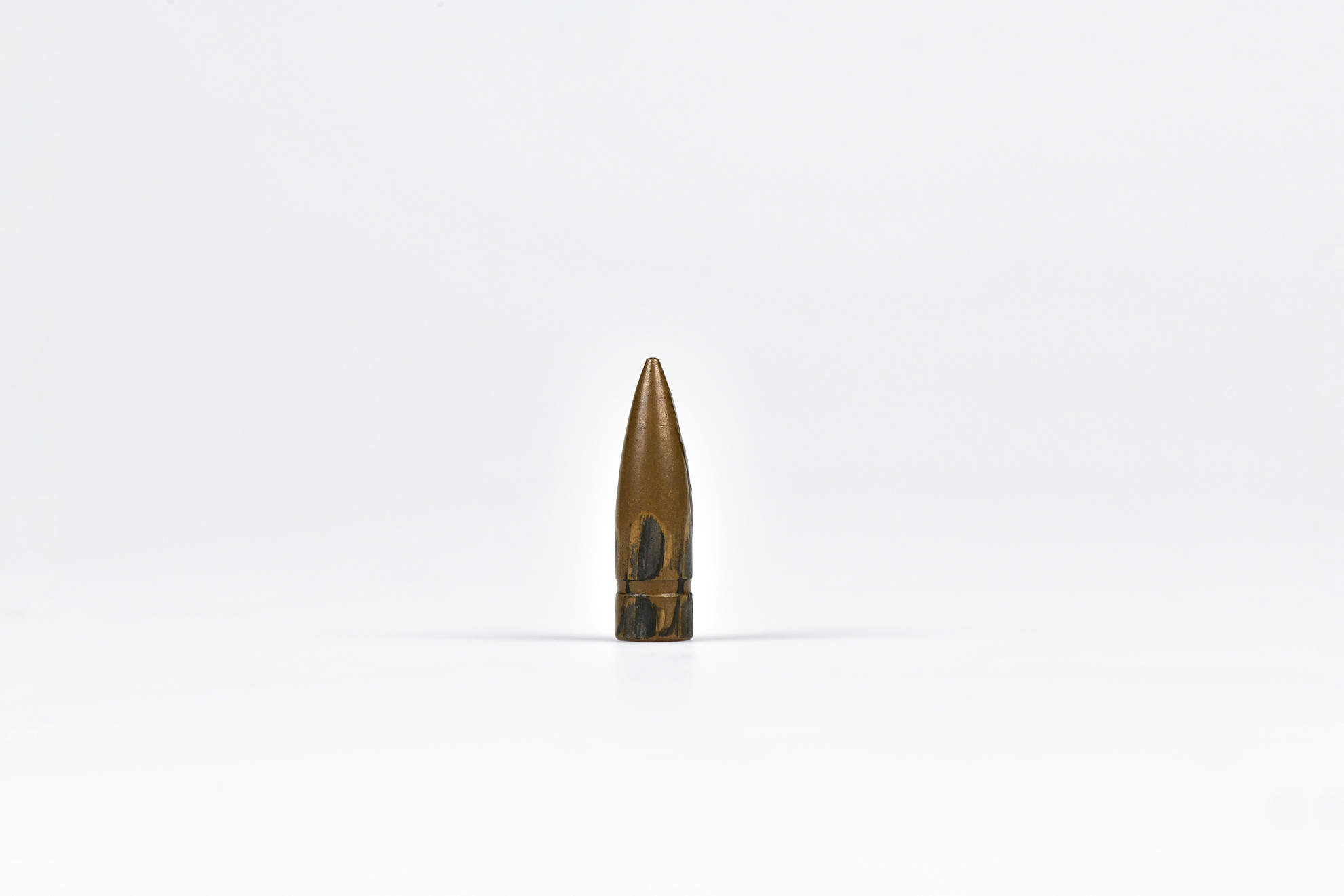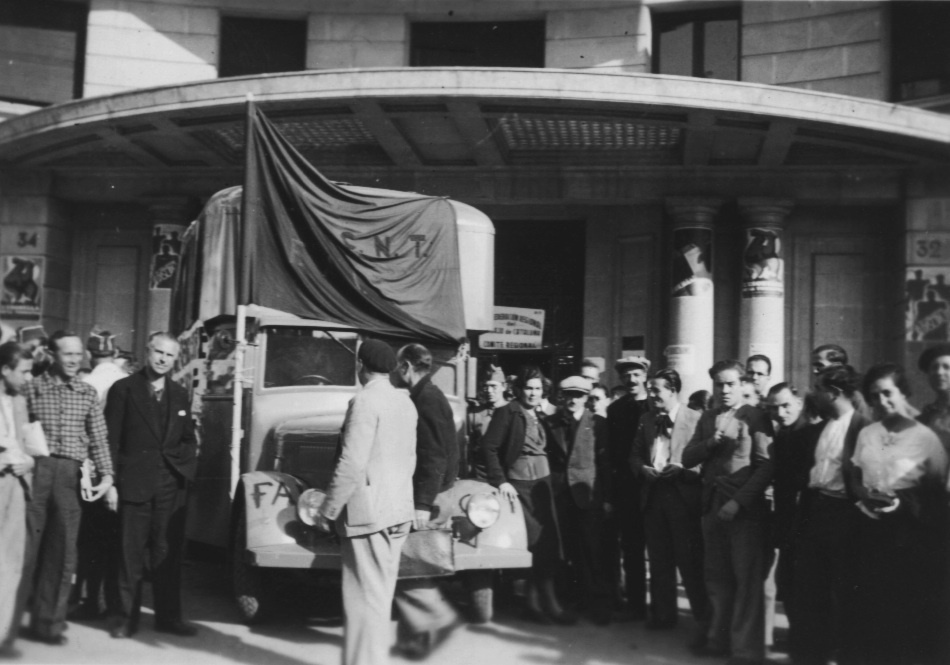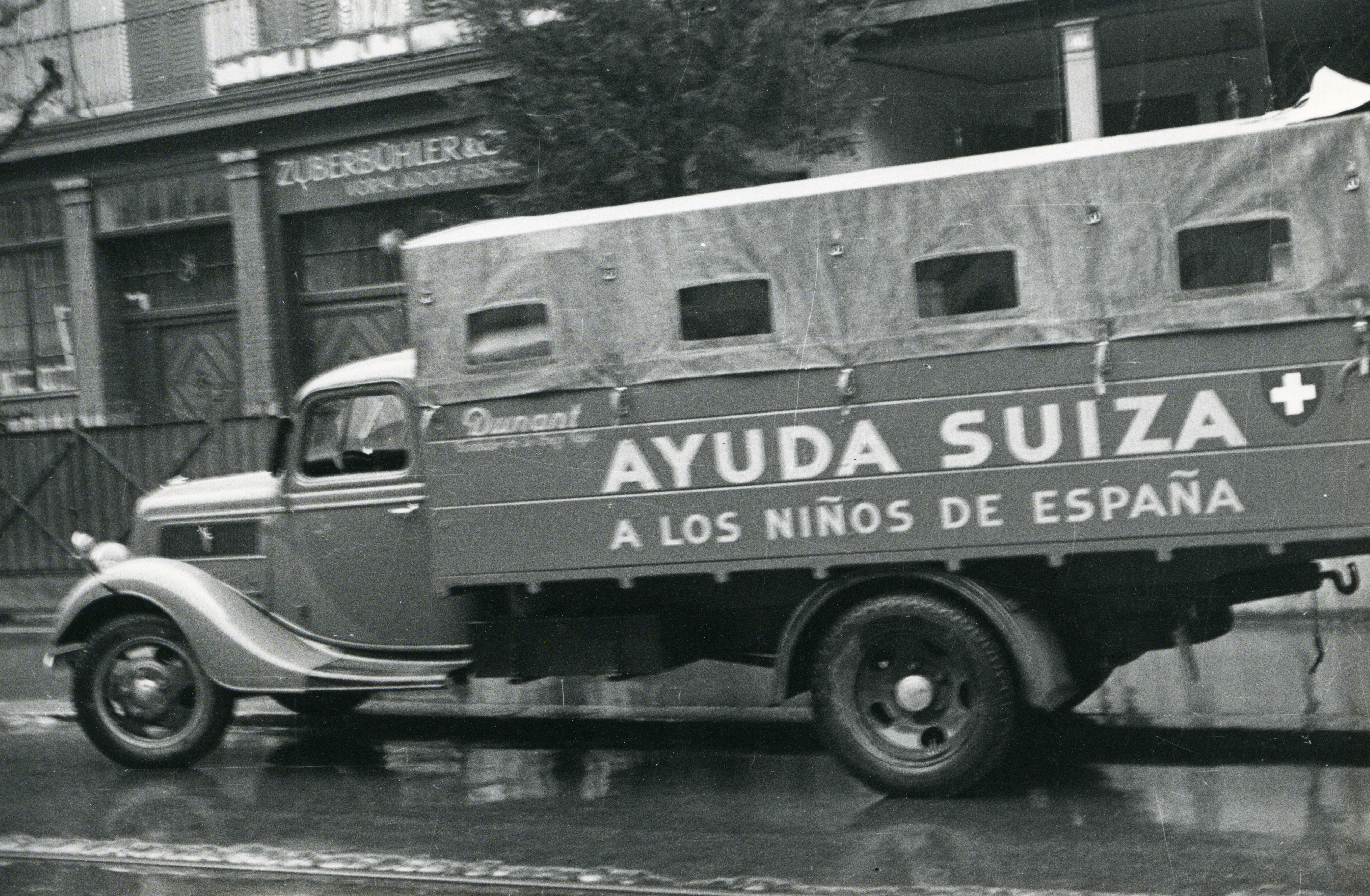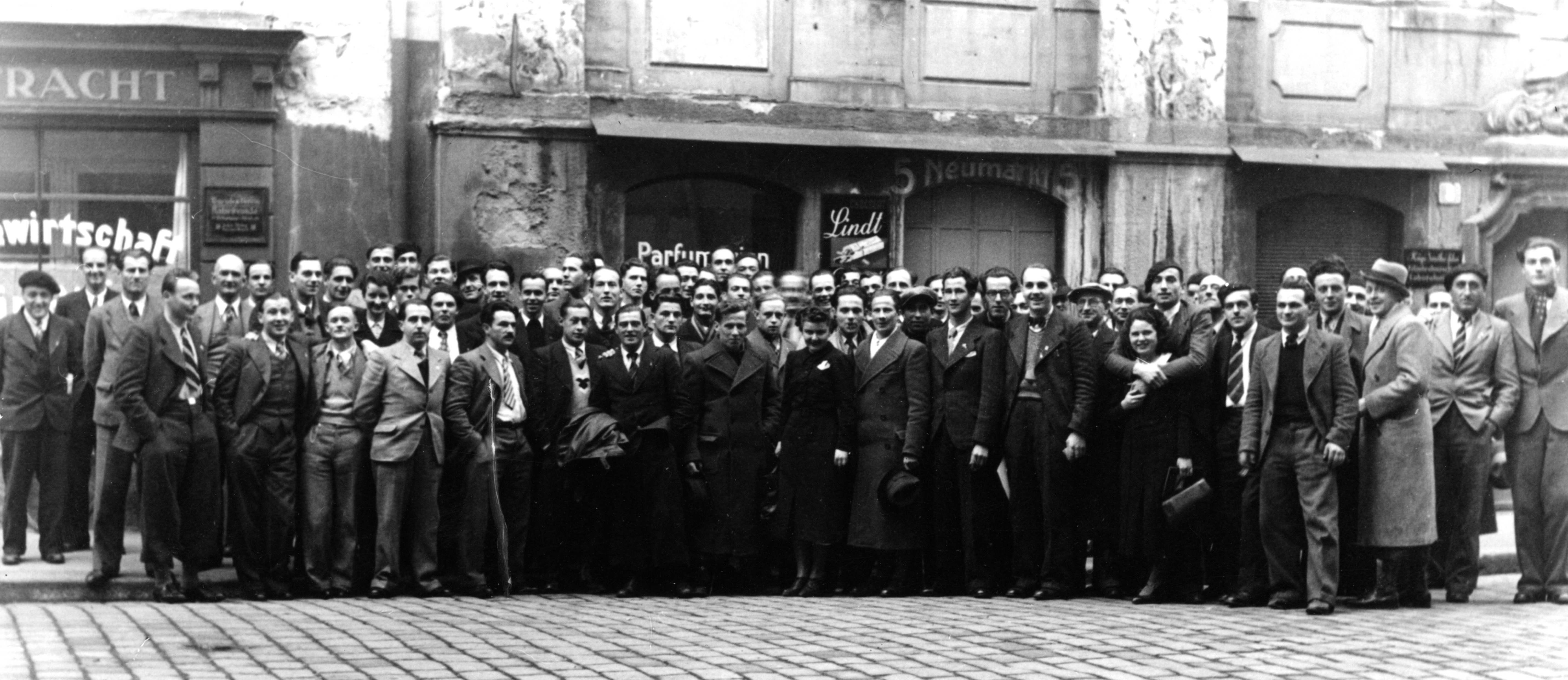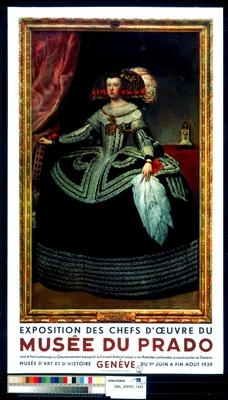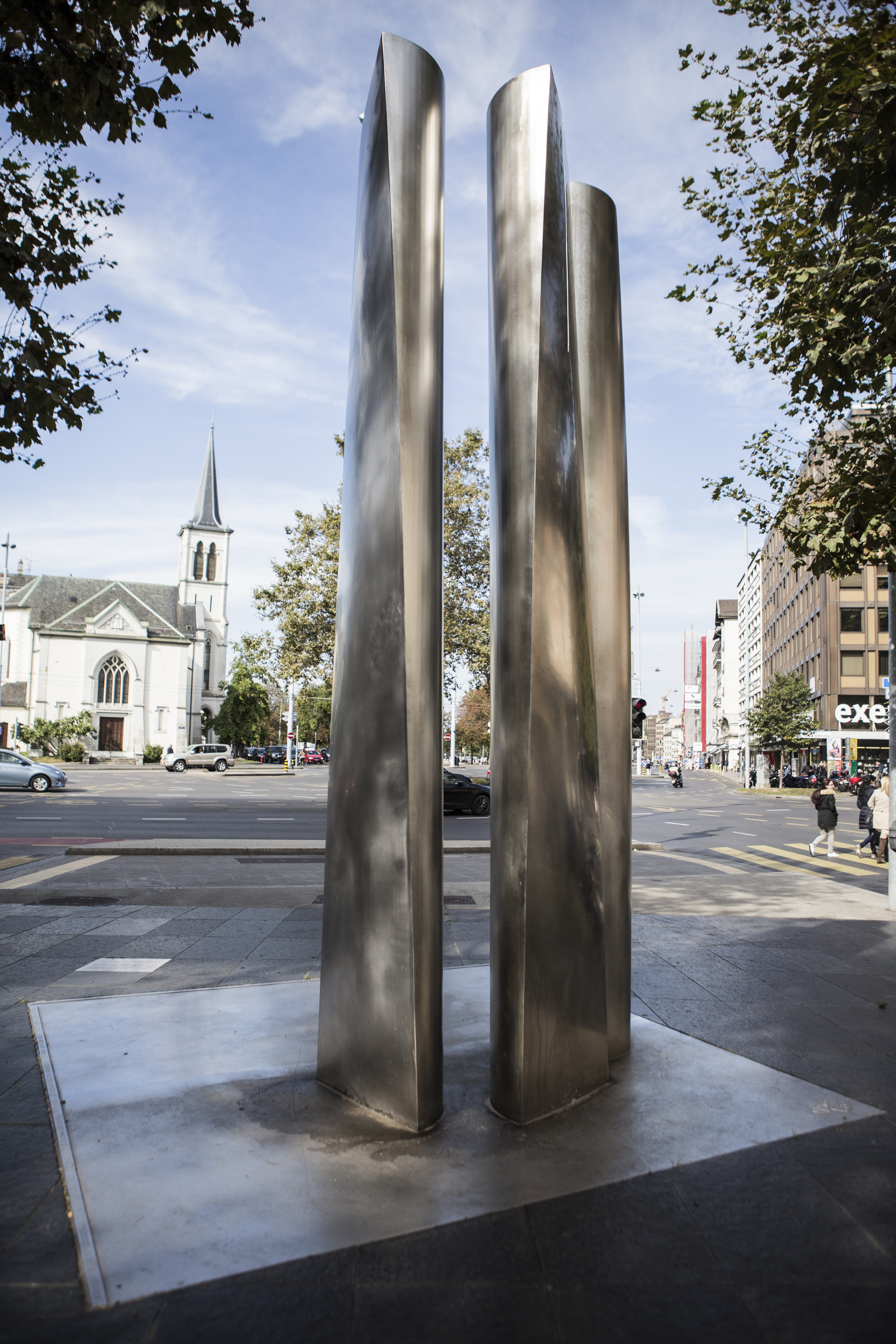Even though Swiss industrialists had important economic interests there and since 1931 Spanish industrialists and aristocrats had deposited considerable amounts in Swiss banks, in 1936, Spain was a secondary strategic concern for the Swiss Confederation.
The international tensions generated by the outbreak of the Civil War moved Spain to the centre of the Swiss government’s concerns, however. The Federal Council adopted the unique policy of refusing to participate in the Non-Intervention Committee. In this way, it affirmed the country’s « complete neutrality » with respect to the League of Nations while maintaining an autonmous position in relation to the French-British bloc. These diplomatic initiatives were paralleled by a policy of links with the rebel generals. Concerned about maintaining a benevolent attitude towards Berlin and Rome, the Swiss authorities took severe measures against Swiss volunteers and exercised tight control over pro-Republican demonstrations.
In this context, humanitarian assistance was the only expression of solidarity with the Republic that the government tolerated. In this context, in early 1937, a group of major charitable organizations came together in the Neutral Committee to Aid Spanish Children, generally known as Swiss Ai, which would play a significant humanitarian role. In contrast, the International Committee of the Red Cross chose to balance its presence in Spain with the institutions closest to government policy.
Switzerland officially recognized Franco’s government on 14 January 1939, one of the first democratic states to take this step. This decision was in line with its favourable attitiue towards the rebels as well as its desire to have a privileged role in the reconstruction of the « New Spain ».








